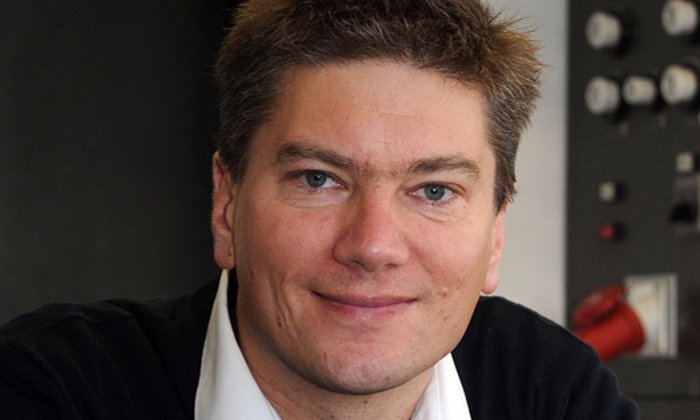Chemist and informatics scientist receive top German Research Foundation award
Leibniz Prizes for Thorsten Bach and Thomas Neumann

Prof. Thorsten Bach specializes in photochemistry. In bestowing the Leibniz Prize, the DFG recognized his pioneering work in this field and in particular his internationally acclaimed breakthroughs in the development of light-induced enantioselective catalysis.
Photochemistry was long considered to be generally unsuitable for the selective production of chiral molecules – i.e. compounds that consist of the same elements and mirror each other like a left and right hand. Through his research, Bach has demonstrated how this is possible, resulting in a new field of research now known around the world as photoredox catalysis.
Thorsten Bach studied chemistry in Heidelberg and Los Angeles. He obtained his doctorate in Marburg in 1991. Following postdoctoral research at Harvard University, he completed his postdoctoral lecturing qualification in Münster in 1996. Shortly after that, he accepted a professorship in Marburg, and he has held his chair at TUM since 2000. He is a member of the Leopoldina and the Bavarian Academy of Sciences and Humanities.
Specialist in database systems
The DFG has recognized Prof. Thomas Neumann for his work on efficient management and analysis of very large volumes of data. Neumann has spent the past few years developing numerous basic techniques for the processing of queries. Modern database servers often use 60 or more CPU cores. The “HyPer” system developed by Thomas Neumann can distribute work packages so dynamically across the CPU cores that they all have an equal workload, while still largely maintaining data locality. The DFG recognized that in developing “HyPer”, Neumann has redirected the focus of research into in-memory database systems – a development which is also relevant for industry and society in general. He was also praised for making the results of his research readily accessible to society: “HyPer” was commercialized as a start-up, which has since been acquired by a market-leading company specialized in accelerated interactive data analysis.
Thomas Neumann obtained his doctorate at the University of Mannheim, conducted research at the Max-Planck Institute for Informatics and was appointed to a professorship at TUM in 2010 after completing his postdoctoral lecturing qualification at the University of the Saarland. He has received several awards for his research, including the valuable ERC Consolidator Grant for his CompDB project in 2016.
20 Leibniz Prizes in recent years
The Leibniz Prize had been awarded to 20 other TUM scientists before Thorsten Bach and Thomas Neumann, including last year to Prof. Sami Haddadin, Director of the Munich School of Robotics and Machine Intelligence, and to biochemist Brenda Schulman, honorary professor of TUM.


